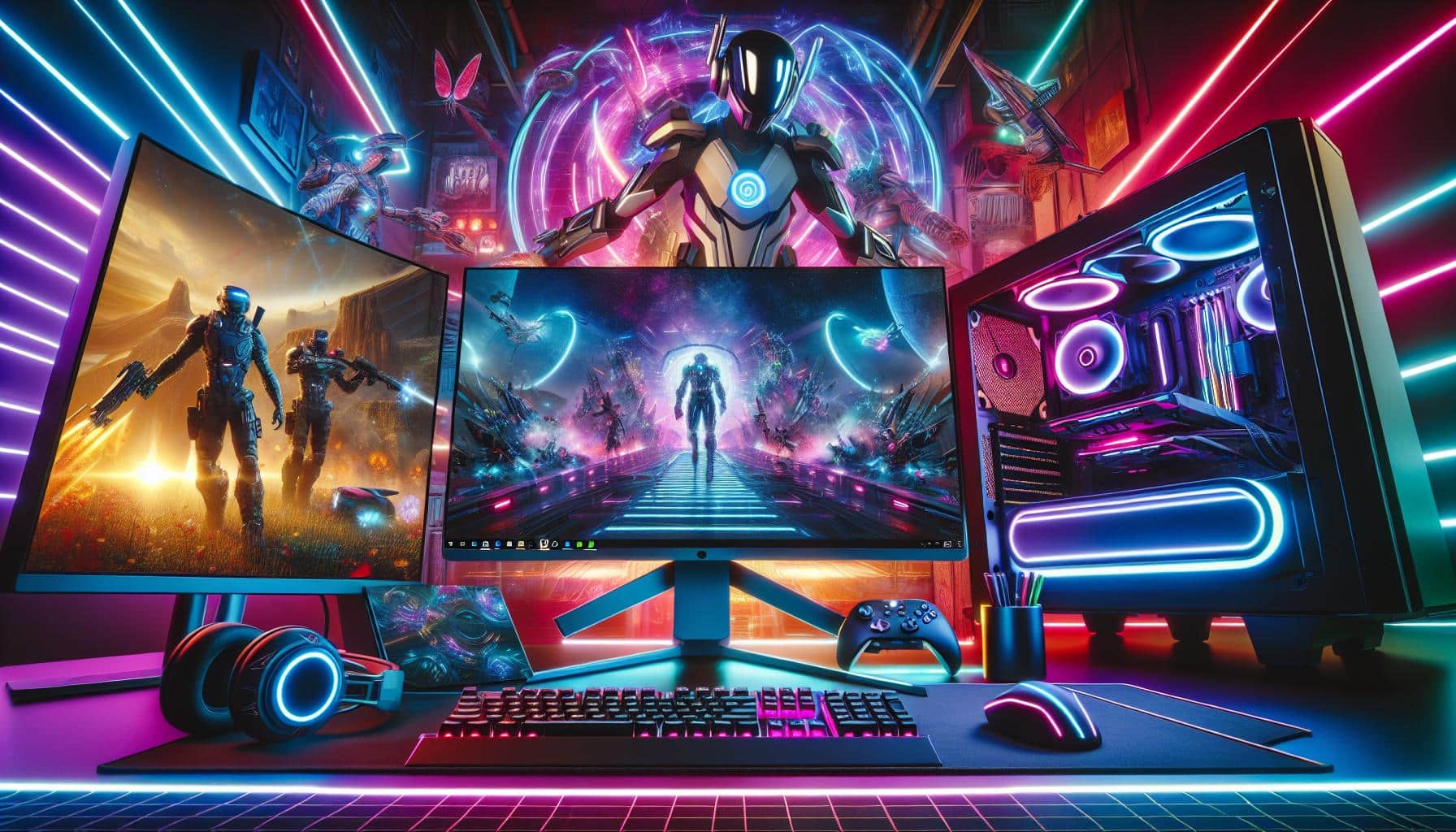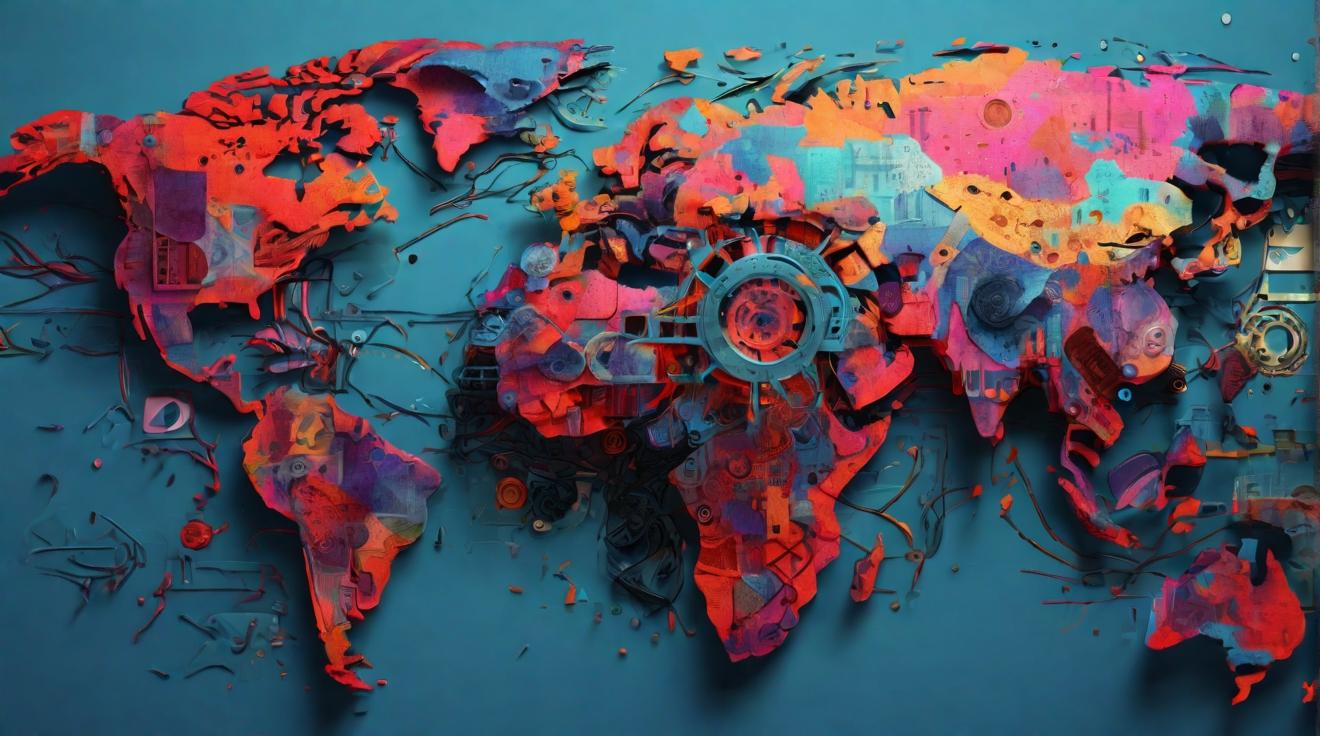GameStop Shuts Down NFT Marketplace Due to Regulatory Uncertainty
GameStop has announced the closure of its NFT marketplace on February 2, citing ongoing regulatory uncertainty in the crypto space. This comes after the company had already removed support for its NFT wallet in November. GameStop’s decision follows a trend of major companies losing interest in NFTs, with social media platform X recently ending its NFT profile picture feature. The closure of GameStop’s marketplace marks a significant setback for the gaming giant, which had initially launched the platform in July 2022 and achieved considerable success early on.
GameStop’s Disappointing NFT Venture
Despite GameStop’s initial success with its NFT marketplace, the platform has failed to maintain traction. Over the past month, the site has only generated around $40,000 in trading volume. This is in stark contrast to its first two months, during which it saw $6 million in volume. The decline in interest in GameStop’s NFTs is indicative of a broader trend in the crypto space, where NFT trading volumes have fallen significantly in 2023.
Gaming and Utility-Focused NFTs: A Promising Sector
While GameStop seems to have lost faith in the potential of gaming-focused NFTs, recent reports suggest that gaming remains a promising sector for the future of utility-focused NFTs. Despite the overall decline in NFT volume, gaming platforms are exploring ways to bring utility to NFTs. Austin-based gaming platform Nifty Island recently released a beta version of its open-world game, allowing users to play as 3D renderings of their NFT avatars. This move highlights the growing interest in utilizing NFTs in gaming and the metaverse.
The Rise and Fall of the Metaverse Concept
Nifty Island’s launch comes at a time when the concept of the metaverse has seen a decline in popularity. Warner Bros. Discovery’s recent support for the creation of a Ready Player One-style metaverse signaled a renewed interest in the concept. However, the metaverse idea, which was once highly sought-after in the crypto gaming industry, has fallen somewhat out of favor. Nifty Island’s integration of NFTs into its open-world game showcases another attempt to bring utility to the metaverse.
Exciting Developments in the NFT Space
Amidst GameStop’s closure of its NFT marketplace and the shifting landscape of gaming and NFTs, some exciting developments are taking place. Pudgy Penguins, an NFT project, has seen a significant increase in its price floor, reaching an all-time high of approximately $47,000 per NFT. Additionally, the heist movie “Lift” featuring Kevin Hart has been released on Netflix, prominently featuring a high-value NFT seller in its plot. Furthermore, Animoca Brands is launching a chess-based strategy game called Anichess in partnership with Chess.com and chess world champion Magnus Carlsen.
These developments highlight the dynamic nature of the NFT space and its continued exploration in various industries. While GameStop’s exit from the NFT marketplace raises questions about the future of gaming-focused NFTs, the potential for utility-focused NFTs in gaming and the metaverse remains promising. As the industry evolves, it will be interesting to see how other companies and platforms navigate the regulatory landscape and seize opportunities in the NFT space.
Don’t miss out on the latest news and trends in the world of NFTs – subscribe to our free daily newsletter.
Analyst comment
Positive news: Exciting developments in the NFT space, such as the increase in price floor for Pudgy Penguins and the release of the movie “Lift” featuring a high-value NFT seller, highlight the dynamic nature of the NFT space and its exploration in various industries.
Negative news: GameStop’s closure of its NFT marketplace and the decline in NFT trading volumes overall indicate a setback for the gaming giant and a broader trend in the crypto space.
Neutral news: The potential for utility-focused NFTs in gaming and the metaverse remains promising, with gaming platforms exploring ways to bring utility to NFTs. The concept of the metaverse has seen a decline in popularity but continues to be explored with Nifty Island’s integration of NFTs into its open-world game. Other companies and platforms will need to navigate the regulatory landscape and seize opportunities in the evolving NFT space.













